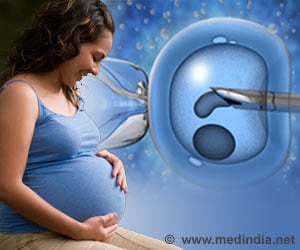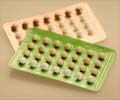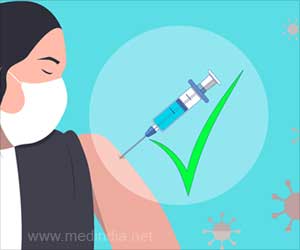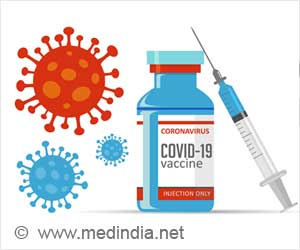
The study is presented by Dr Maria Cruz Palomino from IVI Madrid at the online annual meeting of European Society of Human Reproduction and Embryology (ESHR) monitors the hormone levels in women having IVF at one of 11 clinics in the IVI group in Spain between May and June 2020.
Baseline hormone measurements of women included in the study included measurements of anti-Mullerian hormone (AMH, as a marker of ovarian reserve) taken before the start of fertility treatment.
Baseline measurements of AMH in 46 patients having IVF included in the study suggest that they will be normal or low responders to ovarian stimulation when treatment starts.
The study data shows no variation in AMH levels before and after SARS-CoV-2 infection encouraged that the chances of success in their fertility treatment remained intact.
Although several studies reported so far have been reassuring about the effect of Covid-19 infection on female fertility, this study further provides reassurance for those planning fertility treatment with IVF.
Advertisement
"We could assume that the chances of success of fertility treatment remain intact”. said Dr Palomino, European Society of Human Reproduction and Embryology.
Advertisement
Source-Medindia















